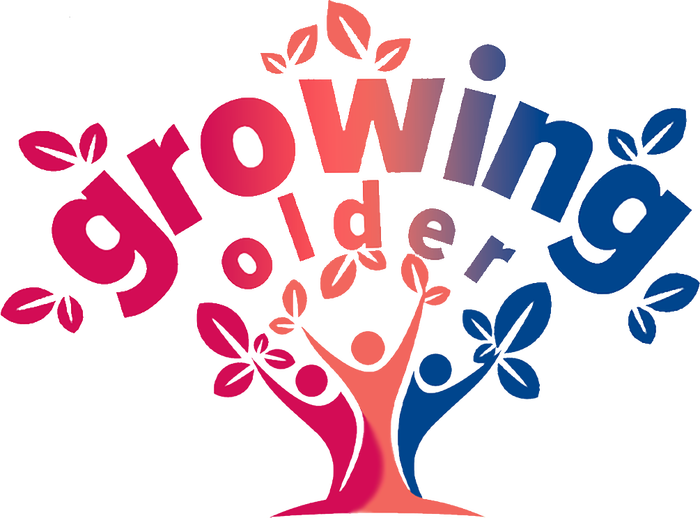What is a common intellectual experience?
Common intellectual experiences engage students, staff, faculty, and the community in an engaging practice on a similar topic. Participants are engaged in learning together through shared activities across time.
Why this topic?
Aging is a universal experience. How can we prioritize intergeneration connections, build empathy, and develop informed citizens that prioritize inclusive practices, policy and advocacy?
Why this campus?
Allegheny county is among the oldest counties in the country. This has many implications for all of us – including healthcare, workforce, social and economic impacts.
The following are key components of our Growing Older initiative. These examples illustrate the potential impact of our efforts, though they represent just a glimpse of the possibilities we can achieve together.
Curricular Integration
Biobehavioral Health
Courses in this major will explore the psychological, social, and biological aspects of aging, examining topics such as cognitive changes, family dynamics, and caregiving. Students may engage in service-learning projects at senior centers or assisted living facilities.
- Students in BBH 416: Health Promotion II will work on developing a health promotion project aimed at enhancing the well-being of older adults in the community.
Social Work and Psychology
Students in these majors will gain insights into the unique mental health needs of older adults, including anxiety, depression, substance abuse, grief, and loss. Field experiences at skilled nursing facilities or home healthcare agencies will provide hands-on learning experience.
- Students in CRIMJ 412: Crime, Social Control, and the Legal System will be considering the ways in which an aging prison population - a consequence of mass incarceration - has created new barriers to reentry for individuals who are reentering society as older adults. Students will reflect on aging as a complication for reentry through readings, data exercises, documentaries, and a VR experience.
- Students in PSYCH 441: Health Psychology are learning about the large body of research demonstrating that many health problems formerly considered to be entirely due to aging are instead strongly influenced by negative age beliefs. Students will develop presentations on the intersectionality of ageism with another form of discrimination (such as racism, ableism, etc.) as described in the media or in empirical research.
Business
Courses in this major will examine the opportunities and challenges of the aging population, such as entrepreneurship in the senior care industry, marketing to older consumers, and workforce implications. Students may develop business plans or marketing campaigns tailored to this demographic.
Student Clubs and Organizations
Student clubs and organizations will have the opportunity to plan activities, events, and outreach initiatives focused on aging-related topics, fostering intergenerational connections and promoting community involvement.
Community Partnerships
These community organizations serve as key partners, providing expertise, resources, and access to programs and services for older adults in the region.
Area Agency on Aging
“The Area Agency on Aging (AAA) assists Allegheny County residents, 60 years of age and older, to live safe, healthy and, when possible, independent lives.”
Age-Friendly Greater Pittsburgh
“Age Friendly Greater Pittsburgh’s mission is to bring generations together to reimagine how our neighborhoods are built and to advance equity through advocacy, education and innovation.”
